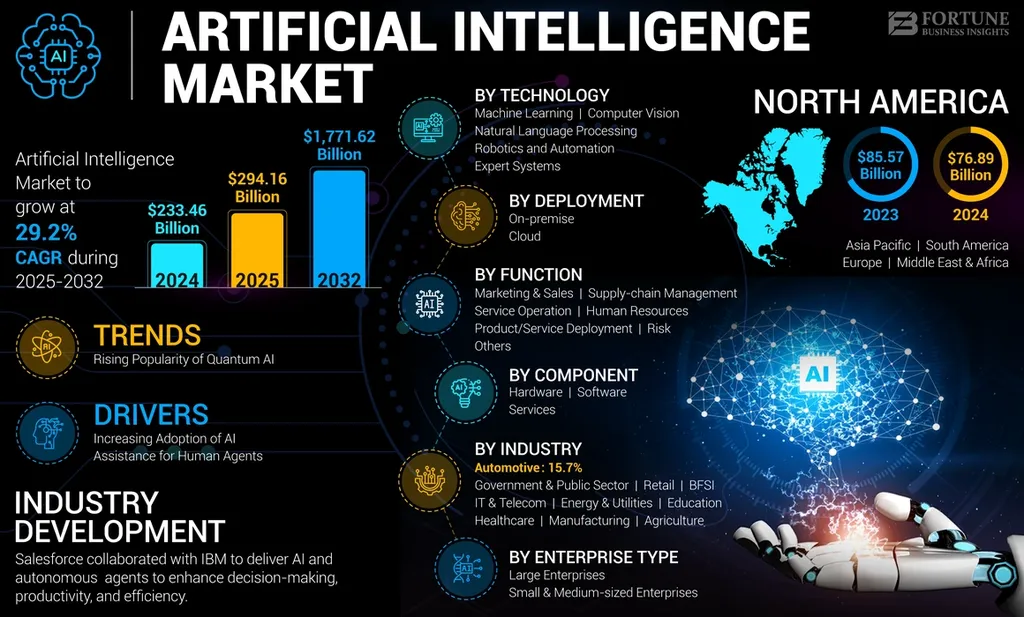In a world where digital transformation is no longer a choice but a necessity, artificial intelligence (AI) and machine learning (ML) are emerging as the driving forces reshaping industries, academia, and society. A recent special issue of the Journal of Informatics and Web Engineering, titled “AI-Enhanced Computing and Digital Transformation,” brings to light groundbreaking research that underscores the pivotal role of advanced computing techniques in this transformation. The issue, led by Hairulnizam Mahdin from Universiti Tun Hussein Onn Malaysia, explores a wide array of topics, from optimization methods to blockchain-based governance systems, offering a glimpse into a future where AI-enhanced computing is not just an enabler but a catalyst for systemic change.
The featured articles delve into the technical intricacies of metaheuristic algorithms, hybrid learning models, and refactoring strategies, all of which are pushing the boundaries of optimization and software reliability. “These advancements are not just about improving efficiency and accuracy,” says Mahdin. “They are about building resilience in the face of global challenges.” This resilience is particularly crucial in sectors like energy, where the ability to predict, adapt, and respond to changes can mean the difference between success and failure.
One of the key areas of focus is data augmentation techniques, which address challenges such as imbalance, redundancy, and scalability. These techniques ensure more robust predictions, a capability that can be leveraged in the energy sector to optimize resource allocation, predict maintenance needs, and enhance overall operational efficiency. As the energy sector grapples with the complexities of renewable integration and grid management, AI-powered applications are stepping in to transform healthcare, education, agriculture, and financial governance. Blockchain-based systems, for instance, enhance transparency and accountability, a feature that can be particularly beneficial in the energy sector where trust and traceability are paramount.
The research also highlights the potential of AI in disaster management, an area of growing importance as climate change intensifies the frequency and severity of natural disasters. Disaster management frameworks integrating big data, hydro-informatics, and real-time monitoring are redefining preparedness in flood-prone regions. This is a critical development for the energy sector, where infrastructure is often vulnerable to such disasters. By leveraging these advanced computing techniques, energy companies can not only mitigate risks but also ensure business continuity in the face of adversity.
The special issue of the Journal of Informatics and Web Engineering, also known as the Journal of Information and Web Engineering, serves as a testament to the transformative power of AI-enhanced computing. It showcases how computational advances are not just strengthening efficiency and accuracy but also enabling resilience and sustainability. As we stand on the cusp of a digital revolution, the insights from this research offer a roadmap for the future, one where AI-enhanced computing shapes a smarter, more sustainable, and interconnected world. The energy sector, in particular, stands to gain significantly from these advancements, paving the way for a more resilient and efficient energy landscape.

